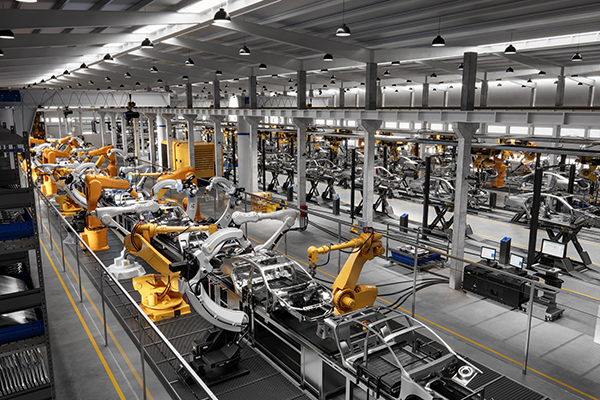In a global landscape marked by growing trade tensions, the dispute between the European Union and China over tariffs on imported vehicles has emerged as a critical point for the automotive industry. This conflict not only threatens to redefine the dynamics of the global automotive market, but also raises serious questions about fairness and free competition in international trade. Amid accusations of market distortion due to Chinese subsidies for electric vehicles, the decisions made by major global players will have repercussions that could extend far beyond the automotive arena, affecting the global economy as a whole.
The problem of tariffs
The European Union is considering significantly increasing tariffs on Chinese vehicles in response to market-distorting government subsidies. Currently, all imported vehicles pay a 10% tariff, but this could rise to 25%, particularly affecting prestigious brands such as Mercedes-Benz, Porsche and BMW.
The measure is based on accusations that Chinese subsidies are unfairly reducing the production costs of electric vehicles, generating unfair competition for European manufacturers. This situation not only impacts the automotive industry, but also calls into question principles of fairness in international trade and free competition.
Chinese responses and retaliation
China has responded with threats to impose tariffs of 25% on vehicles from the EU and the United States in retaliation to the European measures. This escalation could trigger a wider trade war, with adverse effects for the global economy. Meanwhile, the United States has already imposed significant tariffs on Chinese electric vehicles, further intensifying uncertainty in financial markets and among consumers.

China’s automotive industry strategies
Faced with the possibility of higher tariffs, Chinese manufacturers such as BYD and Chery are adjusting their strategies. BYD has announced the construction of a plant in Hungary, thus avoiding the proposed tariffs and strengthening its presence in Europe. For its part, Chery has acquired a factory in Barcelona, making it a key assembly center for the European market. These decisions not only seek to circumvent the tariffs, but also to improve competitiveness in a market that demands electric vehicles and innovative models.
The EU position
Within the EU, there are divergent views on how to deal with this conflict. Countries such as France and Lithuania advocate stricter measures to protect their domestic industries, while Germany and Sweden prefer a moderate approach to avoid damage to their exporting economies, especially in the luxury car sector.
Overall impact and final considerations
The tariff dispute between the EU, China and the United States not only affects automakers and consumers, but also has broad implications for the global economy. It could result in higher prices and a reduction in the variety of models available, slowing the adoption of advanced technologies in transportation.
In conclusion, the EU-China tariff dispute represents a crucial challenge for the global automotive industry and the world economy in general. The resolution of this dispute will not only determine the future of automakers, but will also set a precedent for international trade relations in an increasingly interconnected world.
Study with us
Considering the context of trade tensions and the importance of global strategies in the automotive industry, our Master in Strategic Management with a specialty in Management emerges as a vital option for those who wish to understand and lead in these challenging times. In a world where business policy decisions can transform entire markets, mastery of strategic skills is critical. This program offers not only a deep understanding of strategic management, but also the ability to adapt and lead in environments of intense international competition. Take advantage of this opportunity to prepare yourself for a future where strategic agility and effective leadership will make the difference in your career.
Source:
China threatens 25% tariffs on western vehicles
Chinese manufacturers have a plan in case Europe triggers tariffs

